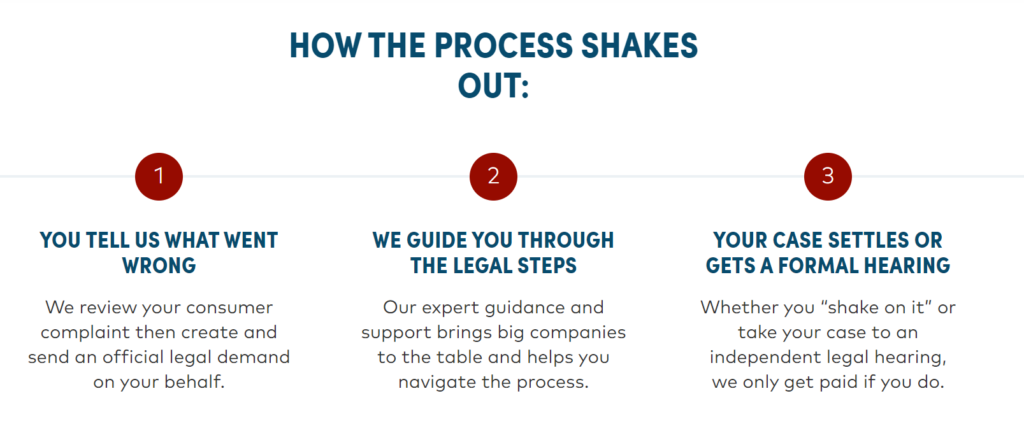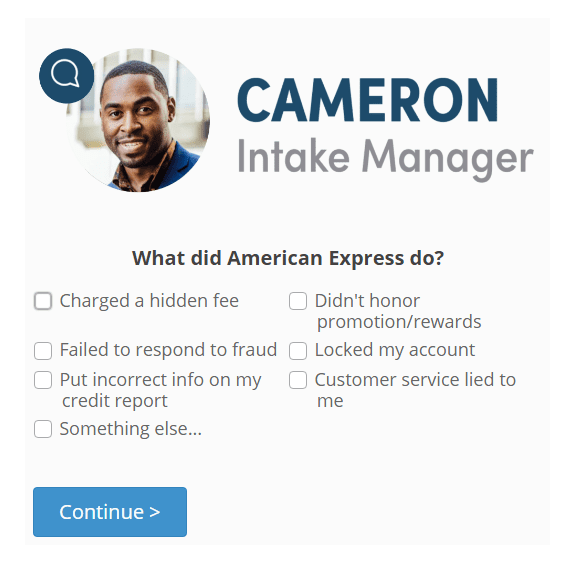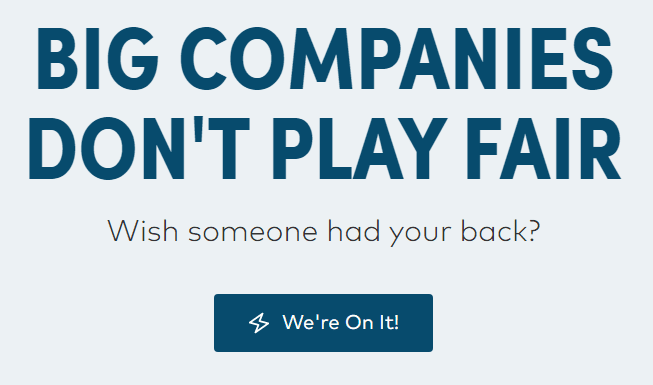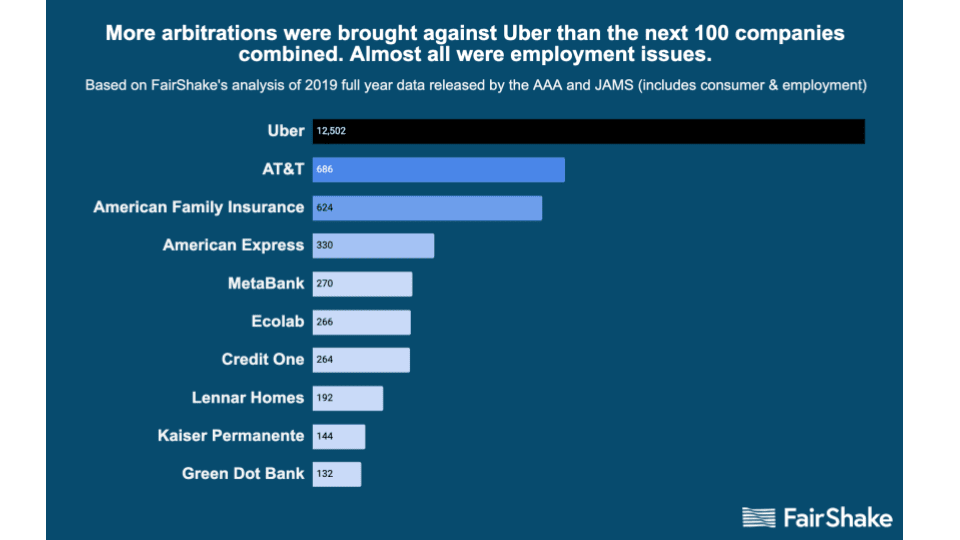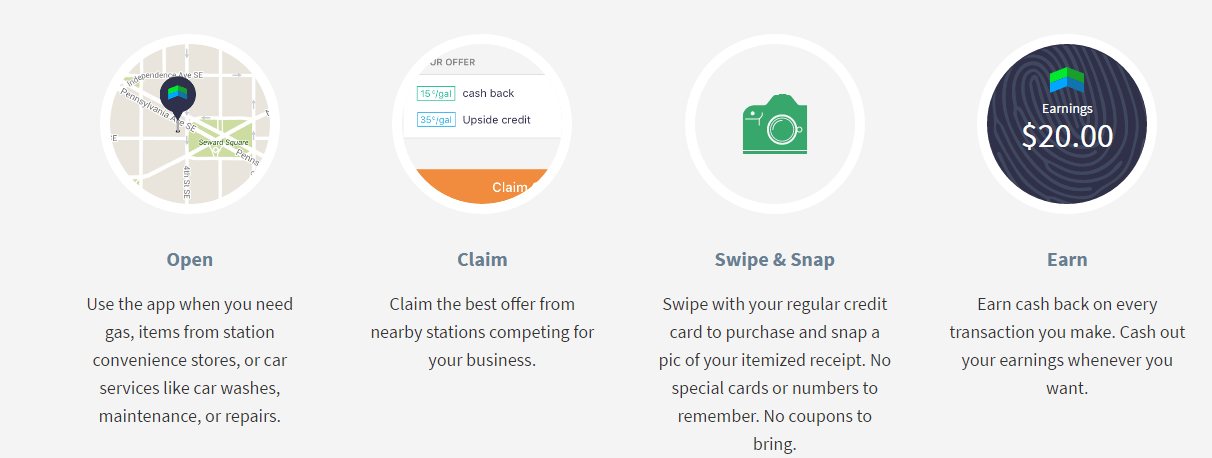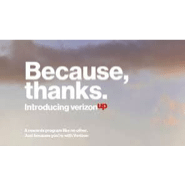Contents
The Company
FairShake is a company that helps guide you through the consumer arbitration process.
[FairShake Referral Link | Direct Link]
The Process
This is FairShake’s process at a high level:
[And based on their arbitration section] this is how I believe the process plays out in more detail:
- You start by filling out an online complaint form.
- Based on the information in your complaint form FairShake will generate and send a letter which includes a settlement offer to the company that wronged you.
- If the company doesn’t respond within a given time frame, you’ll have the option to escalate your claim to consumer arbitration by submitting an automatically generated form to the American Arbitration Association.
- The default filing is a “documents only” arbitration that generally won’t involve a phone-call or in-person meeting.
- The American Arbitration Association may require a filing fee at this point. FairShake notes that this fee is often reimbursed by the company you are taking to arbitration, and FairShake may cover this fee at the time of filing and then later receive the reimbursement.
What might be of most interest to DoC readers is that FairShake has started to handle personal finance (bank and credit card) complaints; the following is a screen shot for a claim started against American Express:
The Fees
FairShake takes (only if you win):
- 20% of any cash or credits you get from the company
- and 10% of any amount deducted from what you owe to the company
- with a $20 minimum on any successful claim
[see FAQ: How much does the service cost?]
Our Verdict
I think it’s best to defer a verdict on FairShake until a later date. While the feedback seems for the most part positive, the sample size is small, and I personally haven’t used the product.
Additionally, most of the feedback involves resolutions of claims with cable, internet, and phone providers. Bank and credit card company complaints are relatively new to the platform, so I’m not sure how effective the process will be at achieving positive outcomes.
If you have any experience with FairShake particularly in the personal finance space, we would be interested to hear about it in the comments below.
(HT: TechCrunch)
More Thoughts
[Note: Only part of this section refers to FairShake]
A Rant
We’re always getting screwed over in this game.
I like to think we’re smarter, quicker, and more creative, but the banks have so many advantages it can feel like a one sided game.
Just consider the rules. They write the rules, interpret the rules (in their “sole discretion”), rewrite them without notice, retroactively apply them, selectively enforce them (get you in, screw you later), and simply ignore their own rules entirely (when it serves their purpose).
And beyond the rules, I think they’re often missing even a basic level of fairness.
They can be as transparent as a wall, illogical to an extreme, and I swear they get off telling you to go pound sand.
On Costs
I figure some of this you just have to write off as a cost of doing business, part of your Milenomics probability of malfunction.
But it’s such an unpleasant cost to bear … to lose when you’re in the right. And in a practical sense it can often be a large loss, so any tool that could help bring down these costs would be helpful to the miles and points community.
On Technology
Others are working to assist the miles and points community with the consumer arbitration process. The person I’m most familiar with is Alex Bachuwa who has long been a champion of the arbitration process and has contributed to many posts on the subject [DoC Series] [FrequentMiler Series].
My sense is that FairShake aims to take a different approach to consumer arbitration. With the goal of standardizing and automating the process, they may be able to improve the economics of the process enough to make lower value claims make more sense.
On Mass Arbitration
On a final note, while researching this post I came across an in interesting Reuters article by Alison Frankel. She writes that in these cases where class action suits are off the table, a strategy of mass arbitration (a surge of individual consumer arbitration suits) could potentially have enough financial impact to move companies to change their bad behavior.
This is a similar NYT link.
Some Data
Success Numbers
YMMV but FairShake provided the following historic numbers:
- Based on FairShake telecom data, ~60% of claims for which they send a legal notice end up with a settlement before they are filed for arbitration
- Based on publicly released data, 70% of personal finance arbitration claims that are filed are settled between the parties before a final judgement
- Based on publicly released data, 20-30% of personal finance claims that make it to a final arbitration judgement end with an award for the consumer
Future claims may not have as high of a success rate (and financial claims may not mirror the telecom data), but if you do some back of the envelope math by adding the probabilities together: 60% [before arbitration] + 70% * (1-60%) [with arbitration] = ~88% chance of settlement before a final arbitration judgement.
Arbitration Claims By Company
I found this slide from FairShake’s blog post interesting, American Express and MetaBank are number #4 and #5 in overall claims.
All the Best!
History
- 2020-12-08: Updated referral link
- 2020-04-10: Added NYT Link
- 2020-04-02: Added Some Data Section
- 2020-04-02: Added FairShake Referral Link

